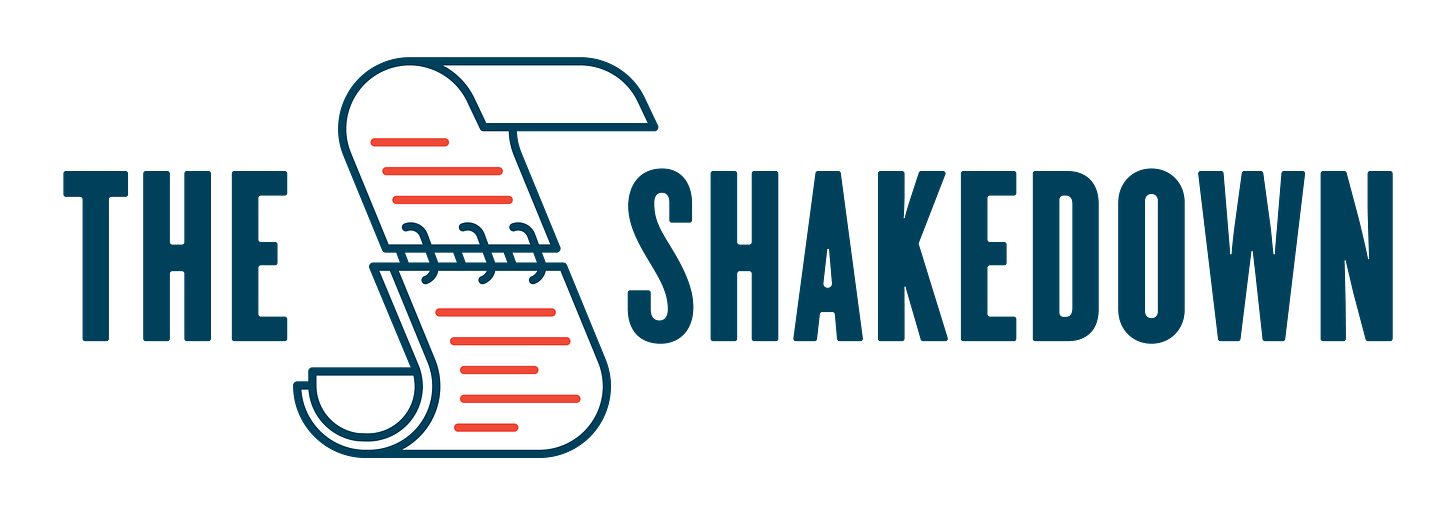Rich and powerful interests have far too much influence in our political system. We all know it, we all hate it. Limiting the power of money in politics is one of the very few issues we all pretty much agree on… even in these politically polarized times. But how is that working out? Not so well.
Democracy at a crossroads
The profit imperative of our economic system drives corporate bad behavior. A duty to maximize profits for shareholders outstrips corporations’ responsibilities to workers, the environment, and their communities.
This isn’t hyperbole. Wealth inequality is at an all time high. Millions face economic ruin in the midst of a global pandemic, while billionaires like Charles Koch, Jeff Bezos and Mark Zuckerberg are richer than ever. According to the Swiss bank UBS, the wealth of the world’s billionaires increased by 27% in just a four month period from April to July 2020.
Climate change is already devastating the world, and it is going to get so much worse. And yet we know what we have to do: quickly give up our dependence on coal, oil and gas. The alternative shouldn’t even be an option. But fossil fuel funded groups and politicians continually get in the way... for obvious reasons. Many corporations talk a pretty good game on tackling climate change these days. Greenwashing is very much in vogue, but these same corporations often have no problem funding climate denial or obstructionist groups “for other reasons” - we are looking at you Google and Facebook.
If corporations and other wealthy interests can’t hold themselves accountable (and they definitely do not), then it is our job to do so. But how can we when they hide in the shadows? Decisions are made in secret backrooms, money flows are disguised, and PR firms and front groups cloak the real interests behind “grassroots” campaigns.
And that is why we started Documented
In this “post truth” world, where facts are up for debate, we created Documented to, well, “document” how wealthy interests manipulate the system. You will see a lot of source documents included in our reporting. We love a good industry-insider memo. We file a lot of FOIAs, chase down sources, and (during non-COVID times) we travel to a lot of conferences and other events.
Since 2017, we have had an ongoing partnership with The Intercept, and have worked with reporters from lots of other large and small publications. We plan to do more of that with this newsletter. Partnerships are great, so if you are a reporter and want to talk, please get in touch.
Mostly this newsletter will be written by me, Nick Surgey, but you will also see pieces by Jamie Corey, and occasionally by other members of the Documented team.
Thanks for reading!
Nick Surgey
Documented


